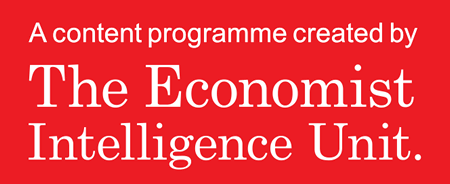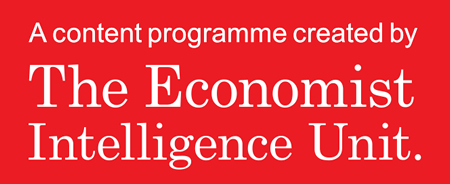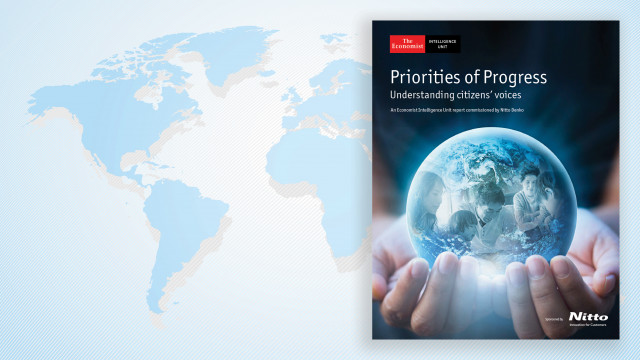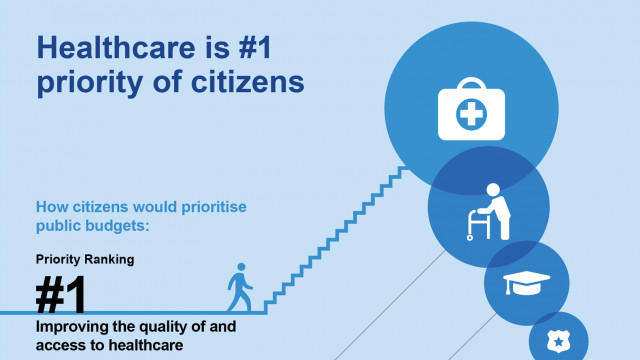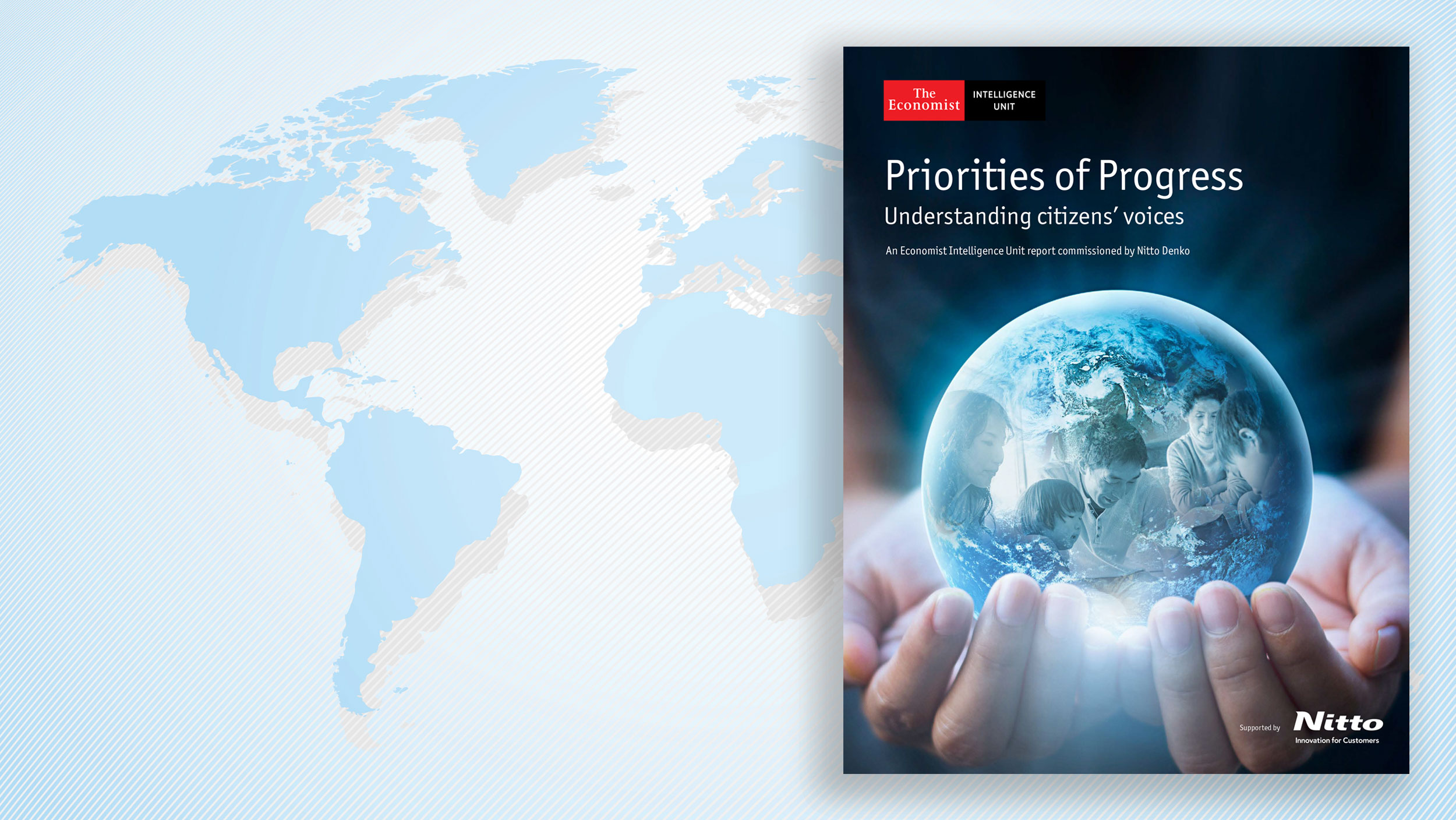
Citizens don’t often think about resource constraints when they vote or think about the kind of society they want to live in. Many want free education and healthcare, security, high incomes, low taxes, a clean environment, and affordable housing. However, resource constraints mean that societies need to prioritise their focus areas. And citizens’ opinions have become an increasingly relevant policy input as governments seek to restore trust in institutions and better serve their populations.
Key findings from the research include:
- More optimism in emerging markets: only 22% of Europeans and 18.8% of those in North and South America were content with the way their country was being run, compared with 40.6% of those in Asia-Pacific and 33.1% in Africa and the Middle East.
- “Priorities of progress”: asking citizens in 50 countries, the survey found that, overall, healthcare sits at the top of citizens’ priorities, followed by social protection (#2), access to education (#3), public order (#4), transport infrastructure (#5), the environment (#6) and R&D (#7).
- The road ahead: respondents are generally optimistic about the future, with 40% believing their country to be moving towards a better society versus 35% that did not. At the country level, Australians (67.3%) and South Koreans (69%) were particularly optimistic that their country would have made progress in the next ten years. However, those expecting changes for the worse were Germany (47%), Sweden and Japan (44% for both).
- Technology R&D and progress: Overall 60% responded technology has and will continue to benefit society (compared with 14% who disagreed); however when asked of the need to invest public resources, citizens placed the least priority on R&D.
- Generational divides on future trends: 50.7% of Millennials (those born between 1981 and 2000) believe humanity is moving towards a better society, compared with only 44% of Gen X (1965-80) and 28.7% of Baby Boomers (1946-64).
- Non-traditional drivers for social change: Millennials had the largest proportion of respondents (20.3%) placing business as the primary institution responsible for positive change in society, compared with other generations. Millennials also had a smaller majority placing the central government as the most important actor (63.3%) compared with 71.7 % of Gen X and 72.1% of Baby Boomers.
